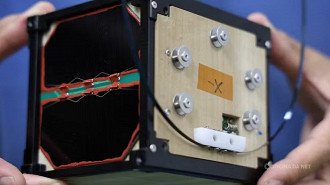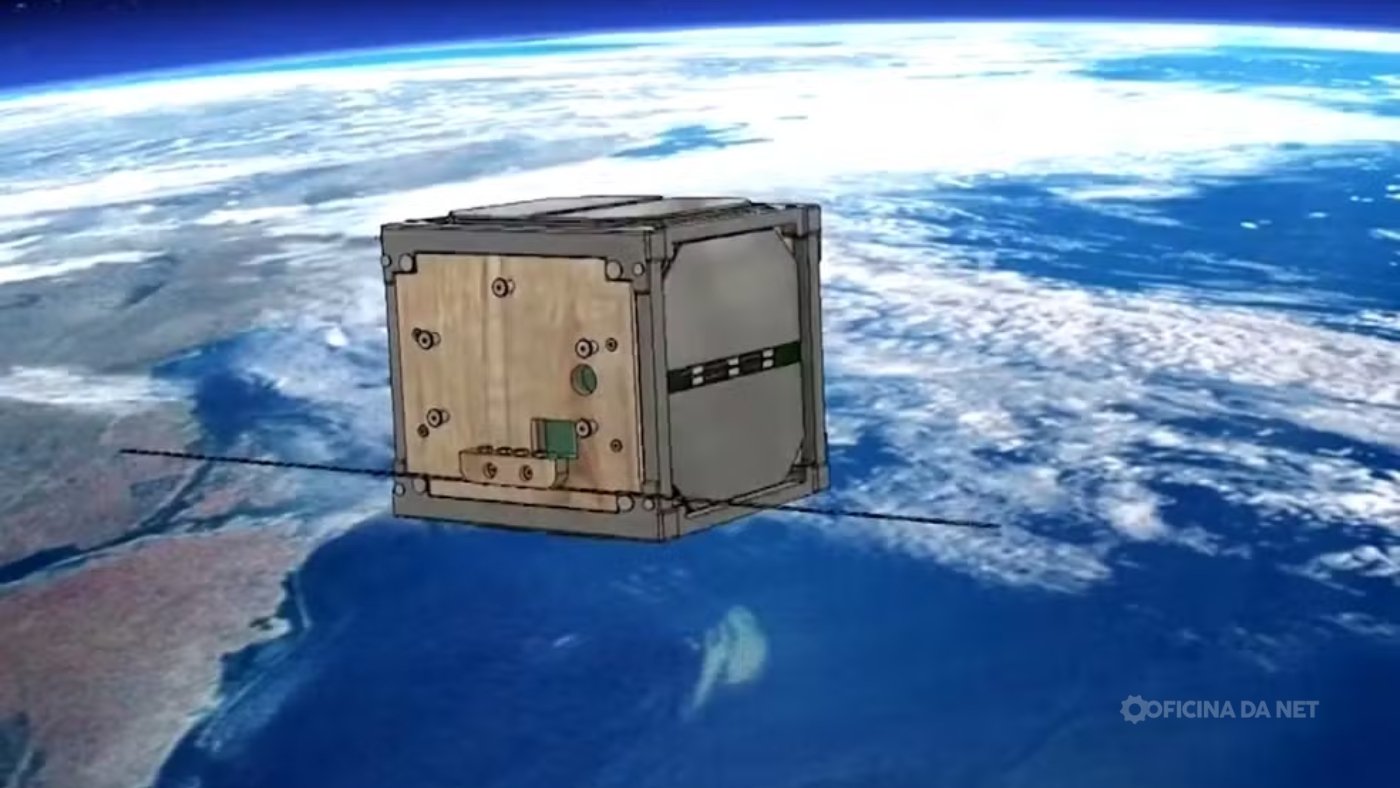SpaceX launched the world’s first wooden satellite, named LignoSat, in a groundbreaking mission on Tuesday (5). Developed by researchers from the University of Kyoto and Sumitomo Forestry, this initiative sent the satellite to the International Space Station, showcasing a move towards sustainable space exploration by utilizing renewable materials.
SpaceX successfully sends the LignoSat satellite into space on a confidential mission.
The LignoSat is a compact satellite, named after the Latin term for “wood”, with the ambitious aim of showcasing wood as a viable resource for space building. It will be positioned in orbit around 400 km above Earth for testing under challenging space environments.

Former astronaut Takao Doi, who is now a professor at the University of Kyoto, emphasized the significance of the experiment by stating that using wood, a material that can be self-produced, will enable the construction of sustainable living and working spaces in space indefinitely. This initiative is part of a long-term plan by the Doi team to explore the potential of constructing wooden buildings on the Moon and Mars, envisioning a future where humans can reside and work beyond Earth using renewable resources.
Wood is more resilient in space compared to Earth due to the absence of water and oxygen that lead to decay and swelling. This quality makes it a viable and environmentally friendly option for space missions, as stated by forest sciences professor Koji Murata from the University of Kyoto.
Using wood as a material for satellites provides a more environmentally friendly option for when these devices reach the end of their service life. Unlike metal satellites that release pollutants like aluminum oxide when reentering the atmosphere, a wooden satellite like LignoSat would burn up without leaving harmful waste behind, reducing its environmental impact. There is even the belief that in the future, metal satellites may be prohibited in favor of wood as a viable and safe alternative.

